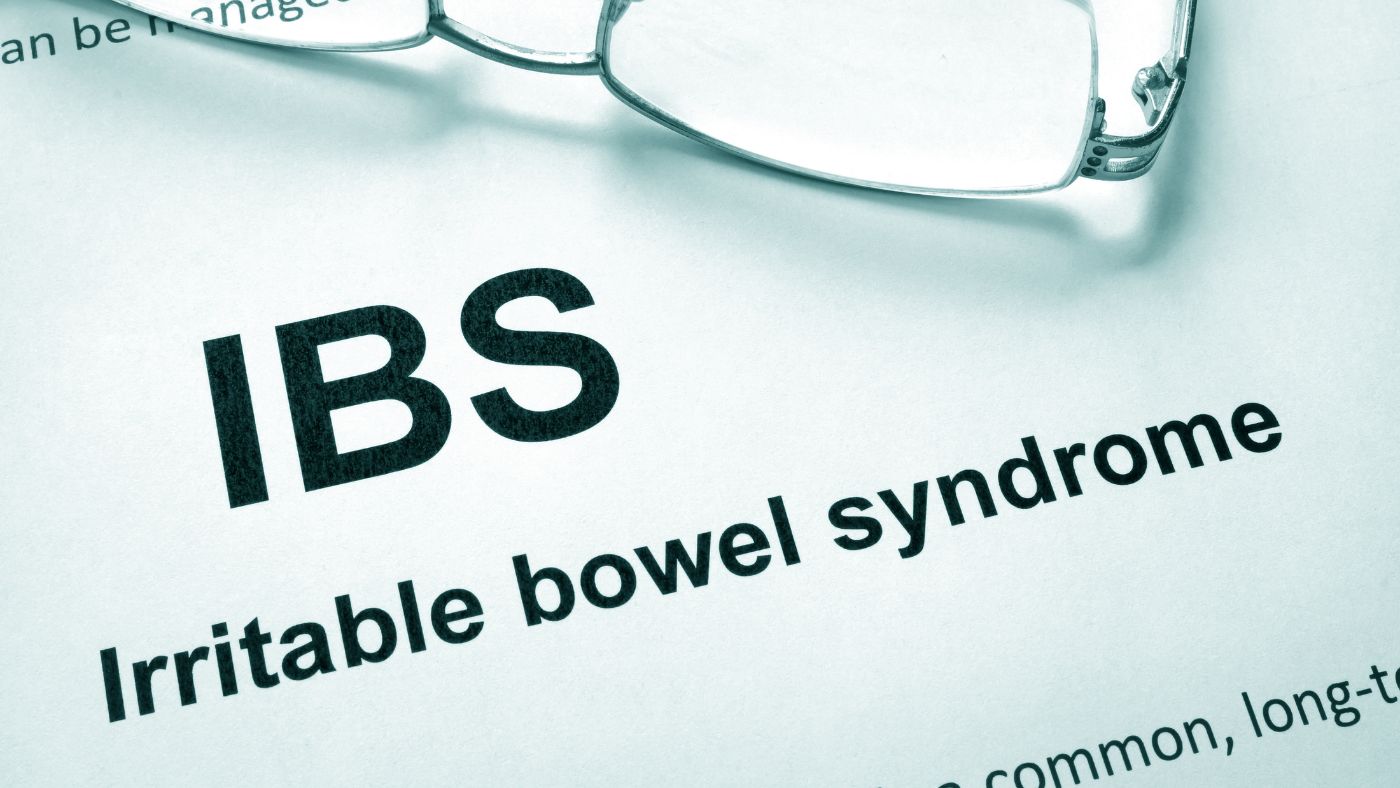IBS Causes and Treatments

May 29, 2025
IBS is a functional gastrointestinal disorder, meaning it affects how the gut functions. IBS affects millions worldwide and can significantly impact quality of life. Symptoms can vary in intensity and may include: abdominal pain or cramping; bloating and gas; diarrhea, constipation, or both; and changes in stool consistency and frequency. While medications are often prescribed for managing symptoms, many individuals seek natural, drug-free methods to alleviate discomfort. This article explores the causes of IBS and highlights natural strategies to manage its symptoms.
The exact cause of IBS remains unclear, but several factors are believed to contribute to its development.
Gut-Brain Interaction: The gut-brain axis, a communication network linking the gastrointestinal tract and the brain, plays a crucial role in digestive health. Dysregulation in this interaction can occur from brain trauma, a poor diet, and inflammation of the brain and/or gut can contribute to IBS symptoms.
Intestinal Muscle Contractions: The walls of the intestines contract to move food through the digestive tract. Stronger or prolonged contractions can cause diarrhea, while weaker contractions can lead to constipation.
Infections and Gut Flora: Post-infectious IBS can occur after a severe bout of diarrhea caused by bacteria or a virus leading to an imbalance in gut microbiota.
Stress and Mental Health: Stress, anxiety, and depression are commonly linked to IBS. These factors can influence gut health through hormonal and immune system changes.
Food Sensitivities: Certain foods can worsen IBS symptoms. Common triggers include dairy, gluten, and high-gas foods like beans and cruciferous vegetables.
These are some natural treatments for IBS and its symptoms.
1. Low FODMAP Diet: FODMAPS are carbohydrates that do not absorb well into the small intestine. These include compounds such as fructose, sorbitol, mannitol, and xylitol. These short-chain carbohydrates can be difficult to digest and are known to worsen IBS symptoms.
Increase Fiber Intake: For those with constipation-predominant IBS, gradually increasing soluble fiber intake such as apples, pears, berries, carrots, and other fruits & veggies to tolerance can help regulate bowel movements.
2. Cold Laser Therapy: Cold laser therapy decreases pain and inflammation, increases blood flow, and accelerates healing. It can decrease the dysregulation of the Gut-Brain Axis.
3. Identify Triggers: Keeping a food diary can help identify patterns and specific food sensitivities that trigger symptoms.
4. Nutrition Supplements:
a. Probiotics: Consult with your Integrative medicine provider to find the right combination of strains for you.
b. Vitamin D3 – Vitamin D deficiency is common in those suffering from IBS. The maintenance dose is 5000 IU’s/day. Although the range of normal is between 30-100ng/dL, optimal vitamin D levels are between 60-80 ng/dL. Have your Vitamin D3 levels tested prior to taking more than the maintenance dose.
c. Digestive enzymes should include key enzymes protease, amylase, and lipase, and other specialized enzymes which can assist in the breakdown of proteins, carbs, fats, fibers, and lactose.
d. Aloe Vera can work as a natural laxative and help rid the body of toxins. It contributes to a healthy digestive system and can help boost energy levels.
e. Turmeric – this powerful root is used to assist in a wide variety of gastrointestinal issues and can work to help reduce stomach pain as well as assisting with the frequency of bowel movements.
f. Peppermint/Perilla – produces cooling effects in the digestive tract and contains anti-microbial and anti-inflammatory properties. It helps reduce bloating and cramping, while soothing pain and boosting general gastrointestinal health.
g. Ginger – used in ancient remedies, as well as many modern medicines. This root is an anti-inflammatory and antioxidant rich ingredient which assists with the cleansing of toxins from the body, as well as helping with blood flow and relieving pain symptoms associated with IBS.
h. Psyllium Husk – a source of soluble dietary fiber which helps to clean the intestines by removing food waste and toxins from the body.
5. Stress Management: Practices such as mindfulness meditation can reduce stress and improve the gut-brain connection. Yoga and Tai Chi are mind-body practices that combine movement and breathwork, which can help reduce anxiety and improve digestive function.
If you suffer from IBS, there is hope. Dietary modifications, nutritional supplementation, integrative treatments, and stress management practices can significantly improve your quality of life and aid in healing the cause. Remember, it is never too late to make a Shift in Health.
Dr. Wendy Henrichs of Timber Land Chiropractic provides comprehensive chiropractic and wellness lifestyle care. Dr. Wendy Henrichs is a Board-Certified Chiropractic Pediatrician and Nutrition Counselor. Timber Land Chiropractic is at 1 E. Courtney Street in Rhinelander. For more information, call 715-362- 4852 or visit www.timberlandchiropractic.com Instagram @drwendyhenrichs, LinkedIn, and Facebook
